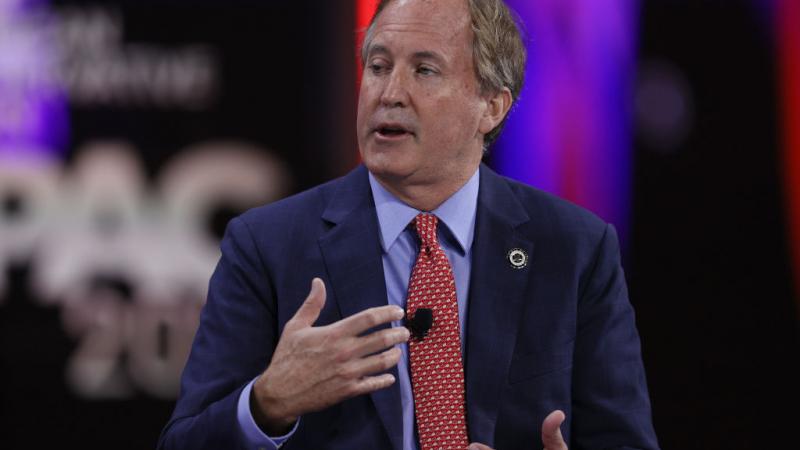Prosecutors begin arguments in case against Jussie Smollett
Cameras are not allowed inside the Chicago courtroom of the high profile case, nor is it being live-streamed
Testimony begins Tuesday in the trial of former "Empire" actor Jussie Smollett, who prosecutors will argue staged an attack designed to appear racist and homophobic.
Smollett's lawyers maintain that he is a "real victim" of a "real crime."
Jurors were told Monday during special prosecutor Dan Webb's opening statement that Smollett recruited two brothers he knew to help him execute a fake attack in January 2019, in part because he felt the entertainment studio for which he was working was not seriously addressing the issue of hate mail he had received.
Chicago police spent roughly 3,000 staff hours on its investigation into what they initially classified as a hate crime. Additionally, Smollett told police he was attacked by supporters of then-President Donald Trump, further stoking political tensions around the country.
Webb told the jury that when Smollett reported the fake hate crime "that was a real crime."
Smollett is charged with felony disorderly conduct – a class 4 felony that carries a prison sentence of up to three years, though some experts speculate that it is unlikely Smollett will receive jail time.
His defense attorney, Nenye Uche, told the jurors that the two brothers attacked Smollett because they didn't like him and that the $3,500 check the actor paid the men was for training him to appear in an upcoming music video.
Uche portrayed the brothers as unreliable, arguing that their story has changed while Smollett's has not.
He told the jury, "They are going to lie to your face."
It is unclear whether Smollett, who is black and openly gay, will testify. The two brothers, however, are set to take the stand.
Cameras are not allowed inside the trial, and Judge James Linn says he expects the trial to last about one week.
First up to take the stand on Tuesday is a Chicago police officer.
Jurors will also be shown video surveillance from more than four dozen cameras that police reviewed in tracing the movement of the two brothers that evening.















